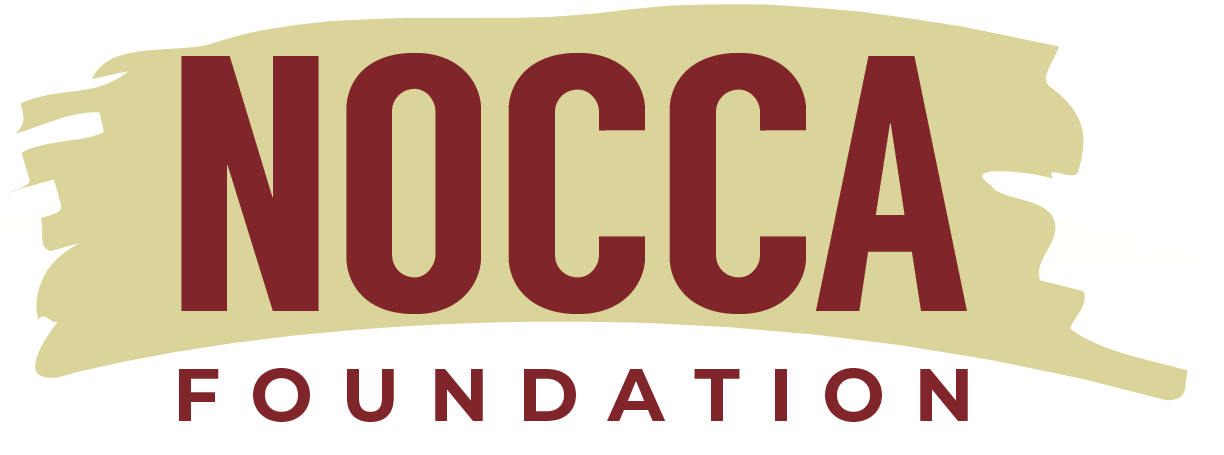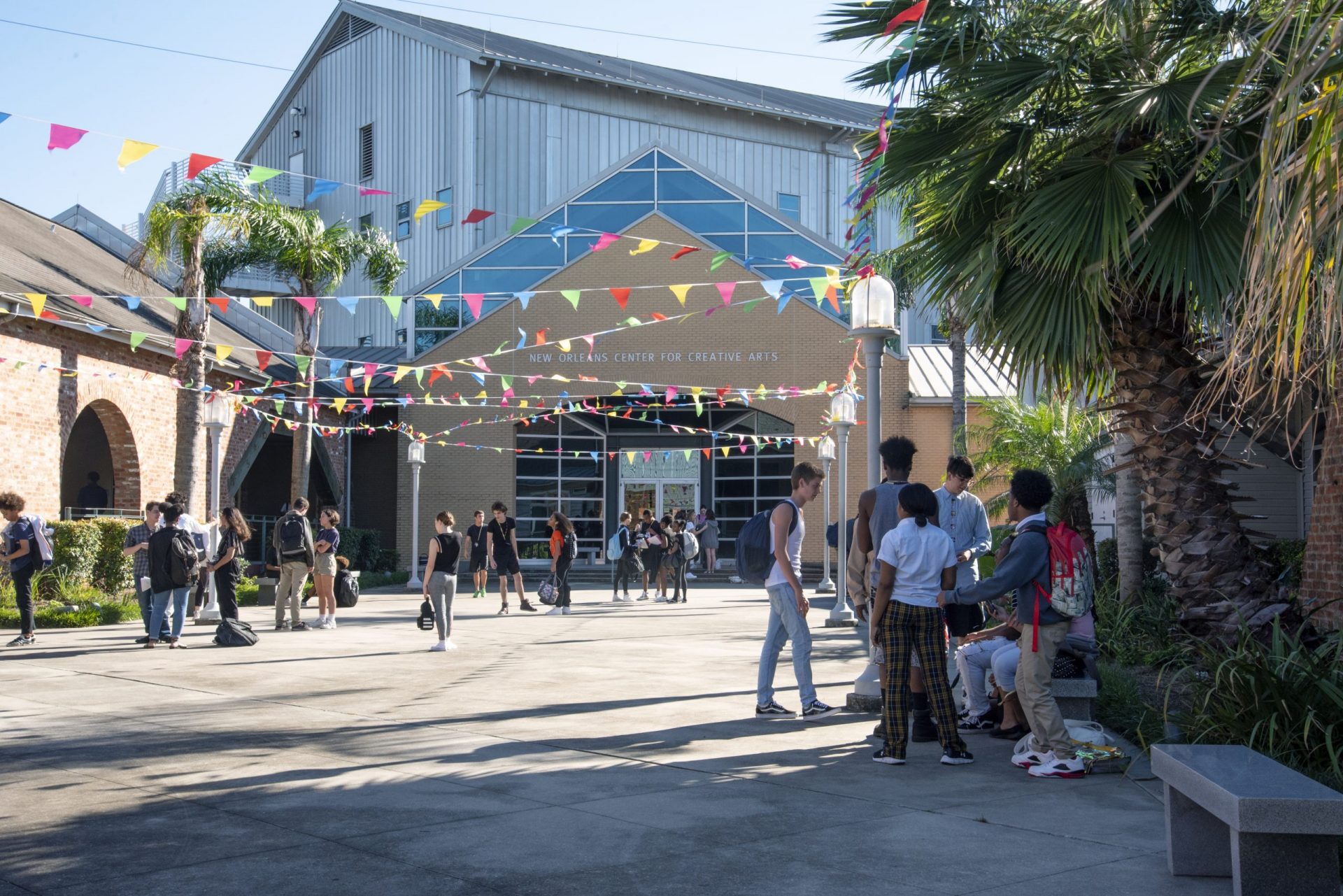NOCCA was founded as a center model, with students taking half a day of academic classes at 80 or more public, private, and parochial partner schools across the region, then traveling to NOCCA for intensive arts training.
In the aftermath of Hurricane Katrina, NOCCA and the NOCCA Foundation seized the opportunity to transfer NOCCA’s successful arts pedagogy to the full spectrum of learning. Through philanthropic support for research and development, the Academic Studio was born. The effort began with the first in-depth study into how NOCCA has achieved a consistent level of success for students year after year, which we now call NOCCA’s Creative DNA. This was followed by a curriculum design process that was willing to break boundaries.
In short, the Academic Studio represents an unusual effort led by an arts-training institution to innovate secondary academic education. Hallmarks of learning found in NOCCA’s arts students now frame intellectual pursuits in the Academic Studio, with the instructional model emphasizing:
- Hands-on, project-based learning
- Interdisciplinary inquiry
- Student-centered learning
- Collaboration
- Creative and critical thinking
- The master-apprentice relationship
Like their arts colleagues, NOCCA’s academic faculty are practicing professionals–anthropologists, biologists, bio-medical engineers, geologists, historians, short story writers, and poets. They guide an active learning process in which students design, build and share their work.
Today, approximately 240 of NOCCA’s 500+ students earn their high school diploma through NOCCA’s Academic Studio. Those students undertake two courses per year:
- Integrated Humanities connects fields of history, literature, geography, agriculture, government, economics, arts, religions, social life, cultural production, and Integrated Sciences within a chronological timeframe:
- 9th Grade IH I (covering the Big Bang to 1300 CE)
- 10th Grade IH II (1300 – 1700 CE)
- 11th Grade IH III (1700 – 1900 CE)
- 12th Grade IH IV (1900 – Present)
One essential question guides Academic Studio students over the course of the program: “What does it mean to be human?” As apprentice historians, students learn to analyze turning points and multiple perspectives. They reconstruct meaning from documents, narratives, and artifacts. They see trends and patterns, formulate questions, state hypotheses, develop theses, and apply reasoning and evidence. And they do this while cultivating their artistic voices to express and rigorously defend an intellectual position.
- Integrated Sciences connects topics of algebra, geometry, calculus, trigonometry, statistics, physics, biology, chemistry, earth sciences, computer programming, and engineering over a four-year arc:
- 9th Grade IS I (Physics & Algebra Focus)
- 10th Grade IS II (Biology & Geometry Focus)
- 11th IS III (Environmental Science and Algebra II Focus)
- 12th Grade IS IV (Bioengineering and Calculus Focus)
Students precisely collect, analyze, and communicate real-world data using professional technology. Instruction focuses on the observation-based reasoning provided by math and science, emphasizing the importance of creativity in logical thinking.
There is no academic exam for students who wish to enroll in the Academic Studio. Like their peers who attend NOCCA on a half-day or after-school basis, Academic Studio students are admitted to solely by audition in their chosen arts discipline. Students attend from highly diverse socio-economic backgrounds, geographic regions, and educational preparations and abilities.
The Academic Studio has been a huge success. It has earned an “A” from Louisiana’s Department of Education every year it has been graded. Academic Studio students outpace their peers locally and nationally on standardized tests, and the program is regularly ranked among the top open-enrollment academic programs in Louisiana.
For more information on supporting the Academic Studio, contact Elizabeth McMillan at emcmillan@noccafoundation.org.

